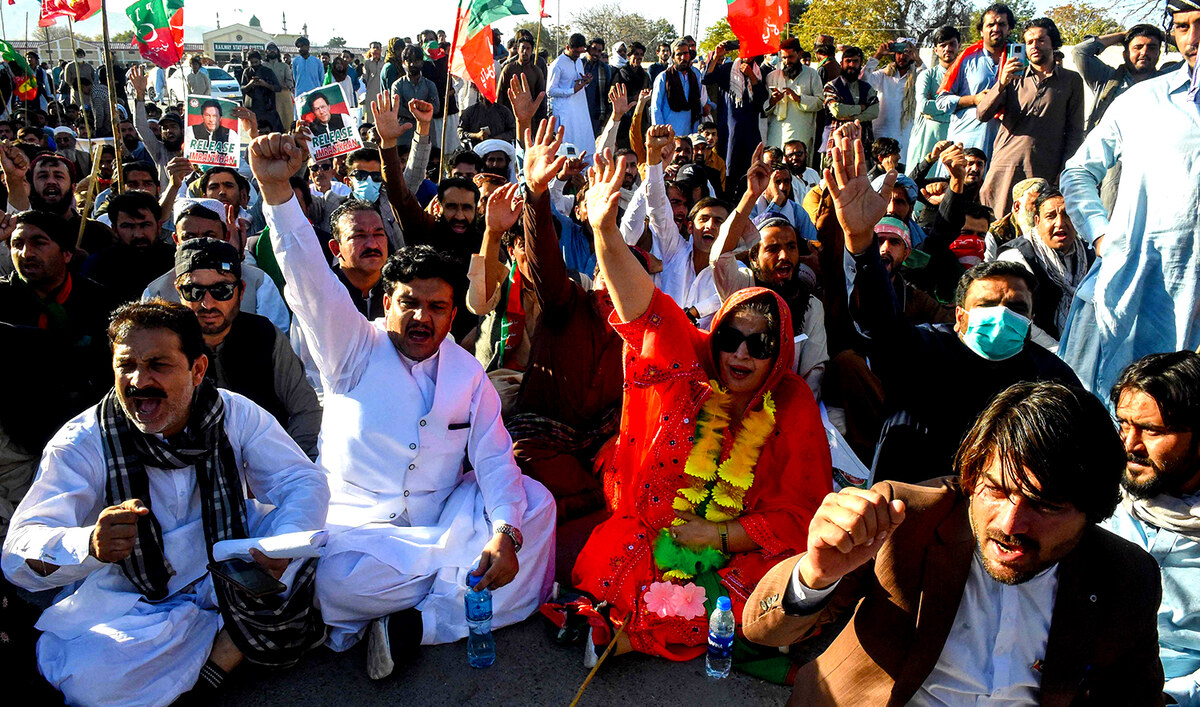ISLAMABAD: Federal Minister for Interior Mohsin Naqvi said on Tuesday Pakistan would not launch a military operation against separatist militants who had launched coordinated attacks in the country’s volatile southwestern Balochistan province a day earlier, vowing to tackle them with a targeted response.
Naqvi arrived in Quetta, Balochistan’s provincial capital, on Tuesday, a day after over 50 people were killed in the most widespread assault in years by ethnic militants fighting a decades-long insurgency to win secession of the resource-rich southwestern province, home to major China-led projects such as a port and a gold and copper mine.
“Those people who think they can threaten us with such acts will soon get a good enough message from us,” Naqvi said during a brief media interaction, with Balochistan Chief Minister Sarfraz Bugti by his side.
“We don’t need a proper [military] operation for them ... They are terrorists. They can even be dealt with by a [police] Station House Officer.”
Separatist militants in Balochistan, a key region bordering Iran and Afghanistan, are fighting for independence, alleging exploitation of the province’s mineral and gas wealth by the central government. The Pakistani state denies this and says it is working for the uplift of the region through various development schemes.
Naqvi told reporters the federal government would extend all possible support to provincial authorities to ensure peace in Balochistan.
“This war is every Pakistani’s war,” he was quoted as saying in a statement released by the interior ministry after his meeting with Bugti.
Balochistan is home to key mining projects, including Reko Diq, run by mining giant Barrick Gold, and believed to be one of the world’s largest gold and copper mines. China also operates a gold and copper mine in the province and is building a port in the seaside city of Gwadar.



















